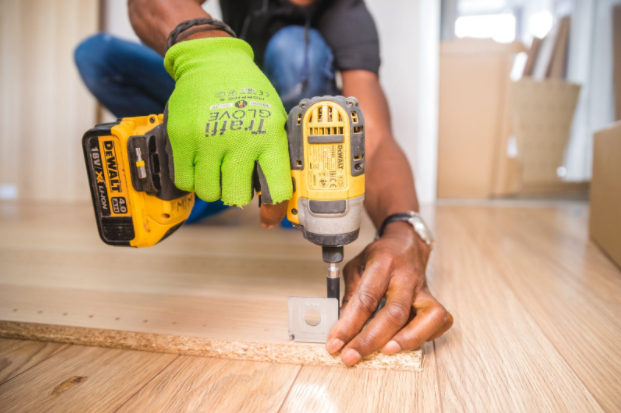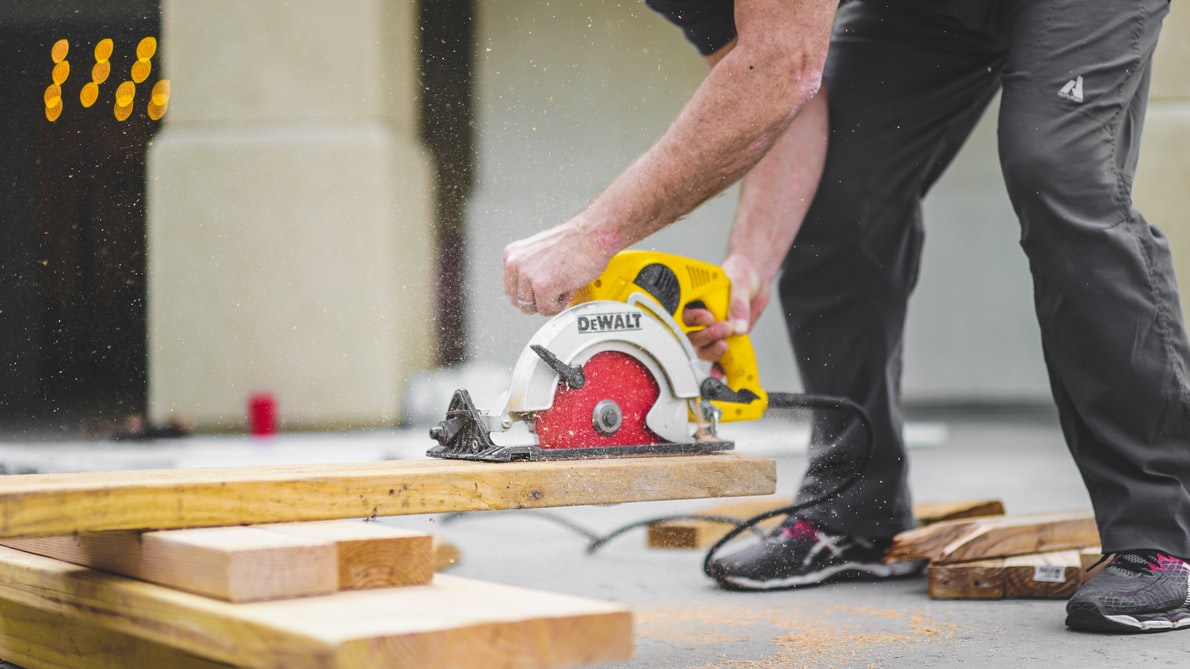Cordless Vs. Corded has been a heated debate for quite some time now!

Each tool has its set of staunch believers that will say anything to convince you that their choice is better. The truth is, both tools come with their unique pros and cons. Let’s take a closer look at some of them.
Advantages Of Cordless Power Tools
1. Flexible And Portable
Cordless tools are not attached to any wires, so they give the users maximum freedom. They let you perform your tasks and make tricky maneuvers with ease. For this reason, the professionals at Data Powertools recommend cordless tools to mobile businesses and contractors that need more freedom of movement. It’s also ideal when working with limited space.
2. Good Battery Life
Cordless tools come with Lithium-ion batteries. These are designed to offer excellent performance for an extended period. Additionally, Li-ion batteries do not diminish over time when the tool is not being used. This makes them convenient and energy-efficient. In some cases, a single battery can be used with different power tools. It’s worth noting that Lithium-Ion batteries are designed to provide great capacity without weighing down the tool. This reduces issues of fatigue among users.
3. Easier To Store
Cordless power tools are generally compact, so they are easier to store. Most of them come with custom storage packages to hold the tool and its battery.
Disadvantages of Cordless Power Tools
1. Power Reduces Over Time
The power of cordless devices reduces as the battery gets drained hence affecting its performance. The other problem here is that when the battery is completely drained, there will be some downtime as it recharges. This results in wastage of working hours. It’s worth pointing out that sometimes people forget to recharge the tools or plug them incorrectly. Such cases can also affect productivity.
2. May Be A Bit Bulky
The attached Lithium-Ion battery makes the tool heavier. It may not be too heavy to affect the handling, but it’s nonetheless bulkier than a corded tool.
Advantages of Corded Power Tools
1. Consistent Power
Corded tools are plugged into a power source, so the performance is consistent at all times. If you are working on a project that demands more torque and is likely to run for a long duration, corded power tools are the way to go.
2. Bigger Capacity
The capacity of corded power tools is virtually unlimited. All you need to worry about is getting the power supply.
Disadvantages Of Corded Power Tools
1. Restricted Mobility
Flexibility and freedom of movement go out of the window the moment you pick a corded tool. The cables will follow you wherever you go, and this limits maneuverability. Since live wires are involved, you’ll also have to worry about not cutting them to avoid potential electrical hazards.
2. Nearby Power Supply Is Necessary
These tools must be plugged in, so unless you have a power source nearby, they are useless. It’s also possible to start your project and be interrupted midway due to power outages.
3. May Be Difficult To Store
The cords pose storage challenges. More space is required, and you have to store them properly to avoid damaging the cables.
When all is said and done, the appropriate choice will depend on your unique situation. However, corded power tools have proved to be more reliable for bigger projects that demand more power, while cordless tools are good for casual DIYs.

No comments:
Post a Comment